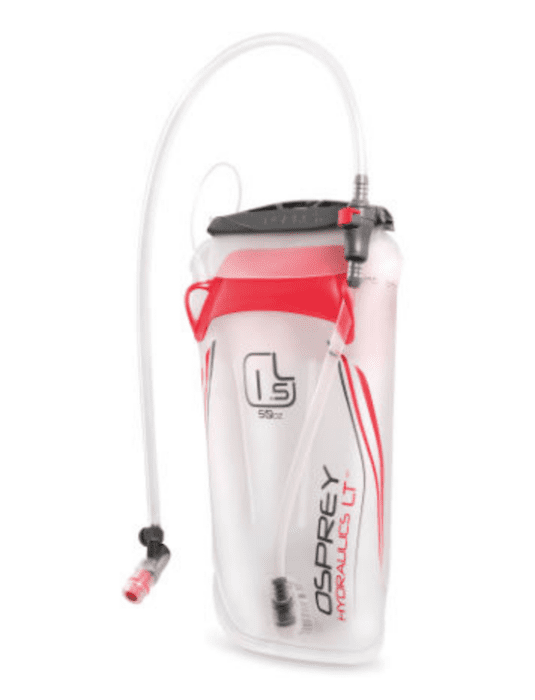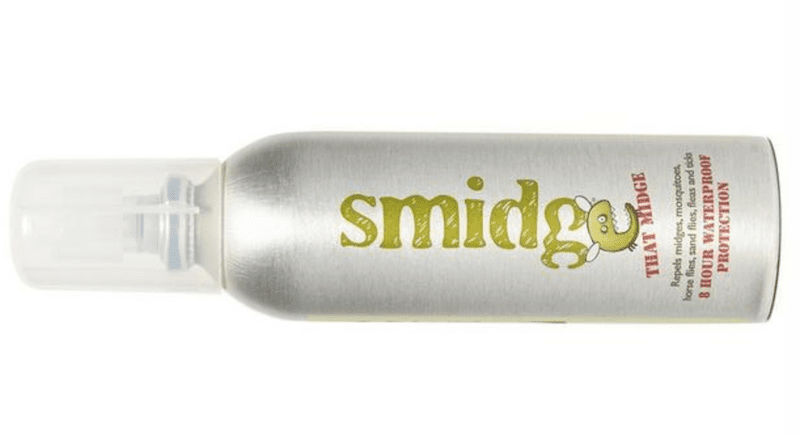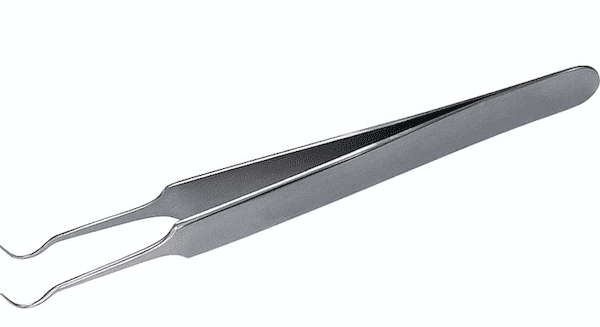The great outdoors brings an amazing sense of freedom and is well documented to be good for both physical and mental well-being. But it’s important to be aware of the things that might go wrong – and to be prepared with safety essentials.
Here is a list of the top 10 safety items every hiker, backpacker and camper should take while travelling.

1. First-aid kit
Safety and first aid kits go hand-in-hand. It goes without saying that heading out on a long hike or camping trip without at least a basic collection of first aid supplies doesn’t make sense. Travel first aid kit essentials include the following:
- Bandages
- Wound dressings
- Burn cream
- Antibiotic ointment
- Medical tape
- Cleansing wipes
- Eyewash
- Pain relief.
- Blister plasters.
A good first aid kit doesn’t have to be big and bulky. You can purchase compact kits enclosed in soft sided, nylon bags for easy carrying.

2. Water container
The second most important thing, after a good first aid kit, is a water container. It’s important to carry sufficient water to stay well hydrated, or else take an empty bottle for filling up when you see fresh water rivers and streams.
A water filter or filtration system can be helpful in areas where you are unsure about the quality of the water.

3. Map and compass
A map and compass are vital if you plan to get off the beaten track or you are heading into the mountains where the weather might make it difficult to navigate.
4 GPS device or smartphone
A GPS device, or a smartphone with a GPS app, is a useful extra or back up for knowing where you are and how to get back to the start point. A mobile phone is also important for communication should you end up in a difficult situation.

5. Insect repellent
Insect repellent – and midge repellent in the UK – is a very important item of safety kit, especially in the summer. It’s important to avoid bites where possible. Also take a midge net if you plan to be outdoors in the early morning or evening, especially in northern England, Scotland and areas of wales.

6. Tick remover
Ticks can be a menace in many areas, especially in the summer. Ticks can be Lyme’s disease carriers, too. It’s important you remove any ticks as soon as you spot them. Also read: Be Lyme Disease Aware.
7. Sunscreen and lip balm
Though some might consider sunscreen and lip balm as items for the first aid kit, they are preventative in nature. That’s why they are listed separately here.
A good sunscreen protects your skin against exposure to the sun, while lip balm protects against chafing due to the wind, the sun, or cold temperatures.
8. Headtorch
Finding yourself trying to make your way back to the car as the sun sets can be a scary experience. Remember, there are no overhead lights in the wilderness. Once the sun goes down, you are left to your own devices along with whatever light the moon and stars provide. That’s why you should never embark on a trip without a working headtorch and extra batteries/a way to recharge the torch.
9. Utility Knife
One of the most indispensable items for outdoor enthusiasts is the utility knife. A good utility knife is both lightweight and tough. Moreover, you will be surprised by how many useful purposes it serves on your travels.

10 Bivvy bag or safety shelter
If you end up having to stay out overnight or stay put in difficult weather conditions, you’ll be grateful for a shelter to keep yo warm and dry.
Enjoying the great outdoors is a wonderful thing. Attempting to do it without being prepared is foolish. Before you leave on your next journey, make sure you are adequately prepared. Make a plan ahead of time and stick to it. You’ll be safer that way.


